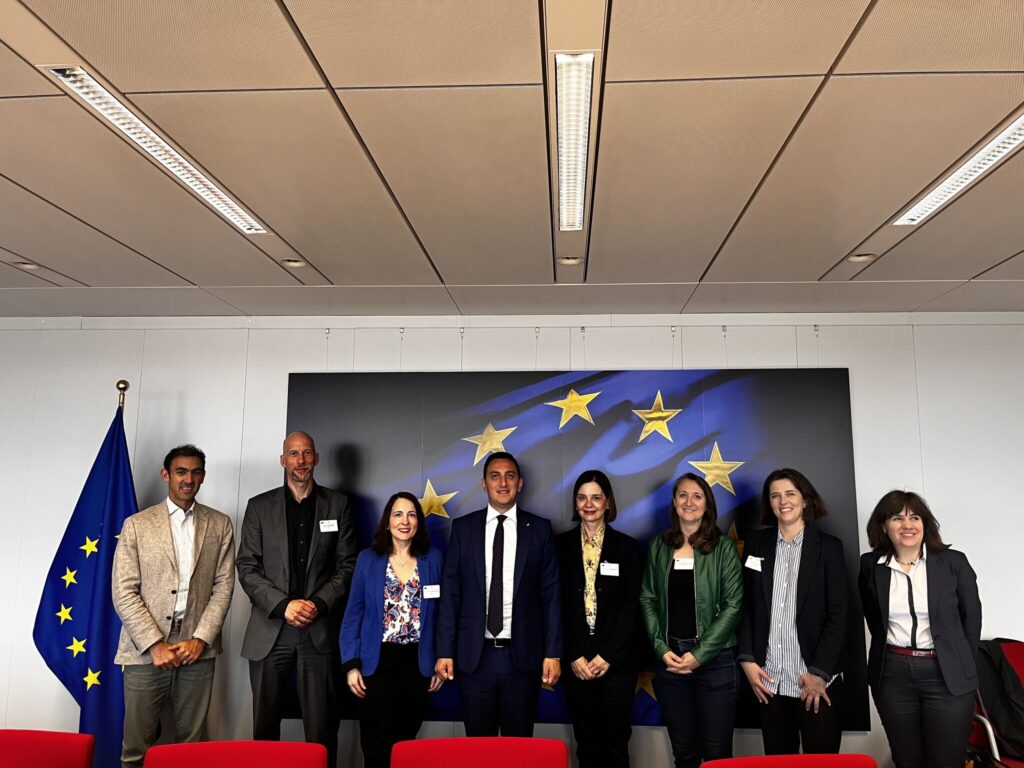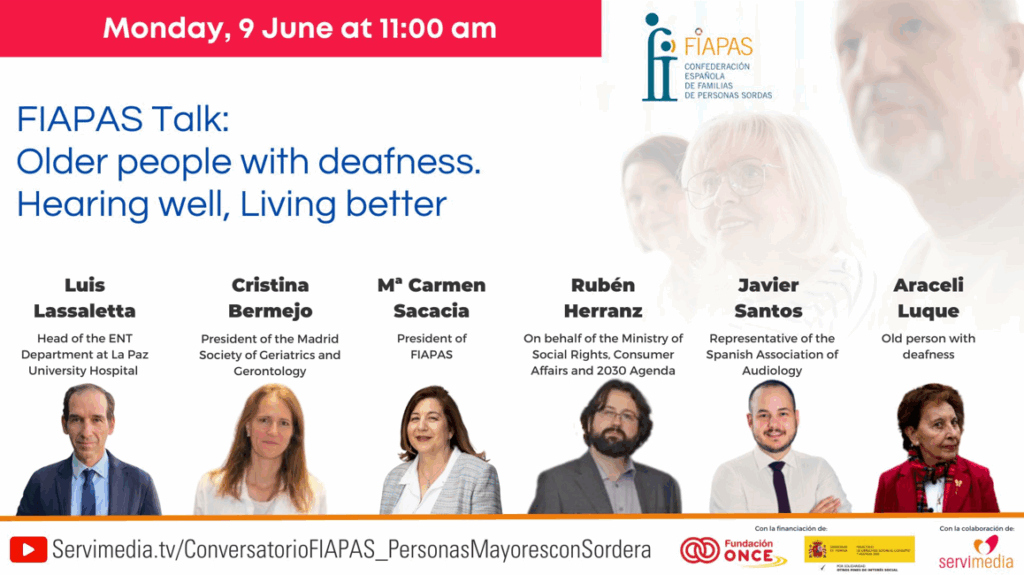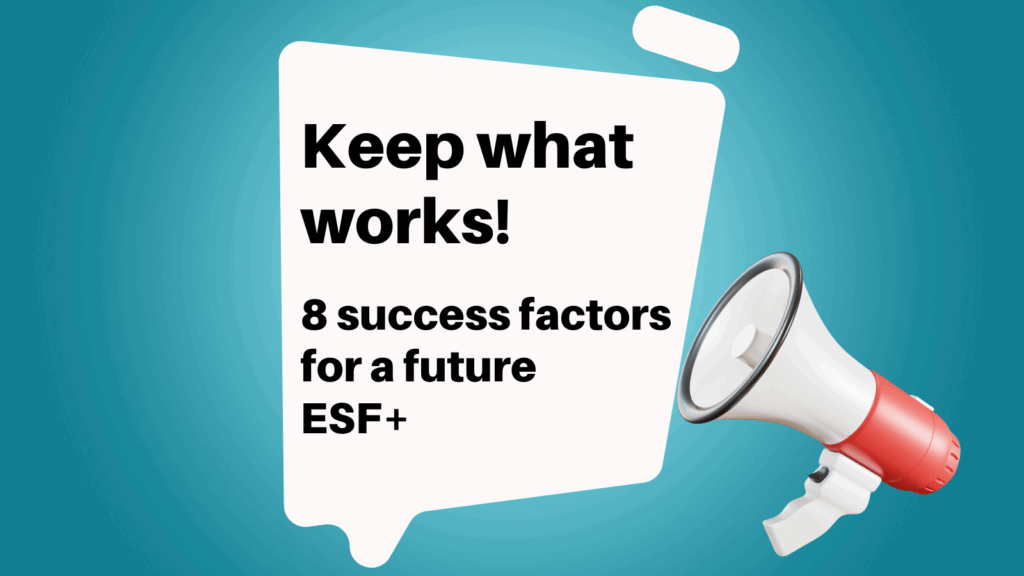While writing this article, I was packing my share for the “Angel parcel service”, a long-standing tradition of solidarity among the member families of the National Association of Large Families in Hungary (NOE) at Christmas time. Through this tradition, families in need are introduced to NOE local coordinators and families who offer their assistance by filling and sending Christmas parcels. All boxes are sent in the name of “NOE Angel”.
The introduction of the addressee I was preparing the box for, spoke about a family of six, where the mother and one of the children are chronically ill but despite their difficulties the four boys and their parents love to go hiking together. This year I sealed the parcel in the real hope that all these children could need now are good hiking shoes and that the rest will be guaranteed.
Europe has a role to play in guaranteeing children a life free from poverty, and as a member of the European Economic and Social Committee (EESC) ,I worked this year on developing an opinion with my EESC colleagues and experts from COFACE – Families Europe and ELTE University on the proposal for a Council Recommendation establishing the legally binding Child Guarantee.
In its opinion on the European Child Guarantee, the EESC stressed that the fight against child poverty, discrimination, deprivation and social exclusion required a coordinated European and whole-society approach, ensuring that children’s rights are mainstreamed into different policies that have empowering and long-lasting effects on children’s health and well-being. The opinion also highlighted the need for two- and multi-generation measures to develop supports for both children and their parents as the vulnerability of a child cannot be addressed without addressing that of their family.
In July 2021, the EESC adopted this opinion on the European Child Guarantees in its plenary and it believes that implementing this initiative would support efforts at the EU and national level to promote children’s well-being and reduce child poverty.
In fact, the European Child Guarantee aims to fight against child poverty and social exclusion by guaranteeing access to basic rights and services for children in need, in particular effective and free access to early childhood education and care, education, a healthy meal every school day and healthcare for children in need. They should also be guaranteed effective access to healthy nutrition and adequate housing. This proposal complements other initiatives as the European Pillar of Social Rights Action Plan and the Strategy on the Rights of the Child.
According to Eurostat data for 2019, 18 million children, or 22.2%, were growing up at risk of poverty and social exclusion in the EU. Due to the social and economic consequences of the COVID-19 pandemic, this figure is expected to rise, which is why the EESC is urging each Member State to present more ambitious poverty targets in their national Child Guarantee Action Plans.
As rapporteur of the opinion mentioned above, I emphasised that the figure of one in four children in the EU growing up at risk of poverty is unacceptable. There is a paramount need for strong policies and legal frameworks to break the often-intergenerational cycle of disadvantage and reverse this trend. We need to have an ambitious target that aims to lift all children out of poverty by 2030 and not only five million children, which is currently the poverty target under the European Pillar of Social Rights (EPSR).
The EESC suggests that Member States grant free access to early childhood education and care, education and school-based activities and health care or provide these services free of charge, alternatively through compensation schemes. The Child Guarantee recognises a strong correlation between the social exclusion of children and their lack of access to these key services.
Families in precarious situations lack sufficient support to break the cycle of intergenerational poverty. The EESC recommends that national action plans on the Child Guarantee include also measures developed for parents and carers through a mix of actions: adequate income, work-life balance, the take-up of adequately paid maternity, paternity and parental leave, carer’s leave, flexible work arrangements and family-friendly workplaces.
Digital and energy poverty is equally detrimental for children and should also be tackled within the Child Guarantee as stated in the opinion. Some 5.4% of school-aged children in Europe live in households without a computer or an internet connection. Some 25% of Europeans live in energy-poor households, which also affects children’s quality of life and health condition. As winter is approaching lack of adequate heating is becoming one of the main concerns for families in need across Europe.
Member states have appointed by now their Child Guarantee National Coordinators to coordinate and monitor implementation of the Council recommendation. The EESC’s opinion calls for the consultation and involvement of organised civil society, children’s and family organisations, among other stakeholders, in the drafting of national action plans and their monitoring mechanisms.
My home organisation, the National Association of Large Families in Hungary (NOE) is also looking forward to being involved in the implementation of this unique initiative in the international arena.
About the author:
Kinga Joó is a member of the European Economic and Social Committee and was rapporteur of the opinion SOC/682-EESC-2021 “EU strategy on the rights of the child/Child Guarantee”. Kinga is also vice-president of the National Association of Large Families in Hungary (NOE).
Photo: ©Elena Vagengeim via Canva





